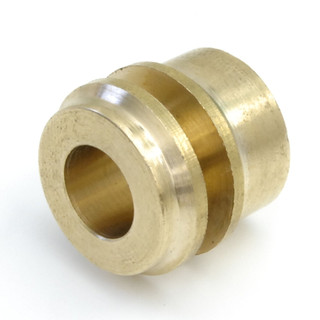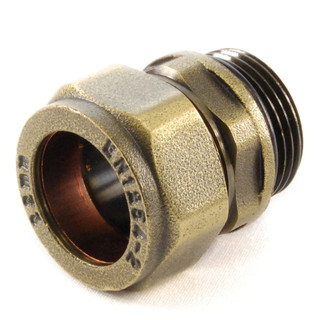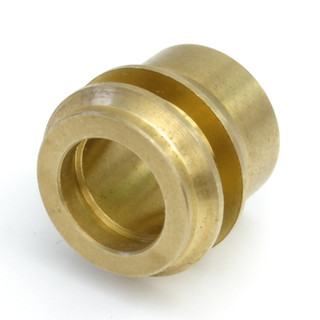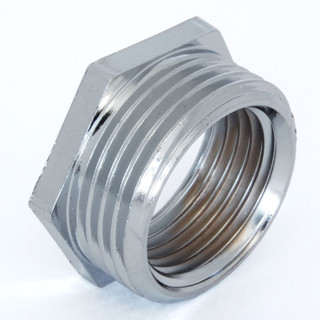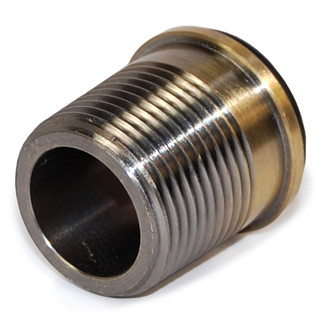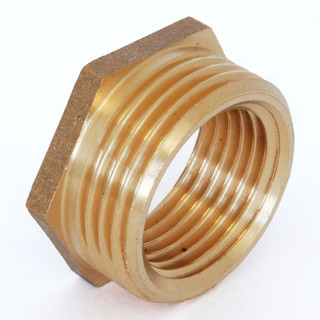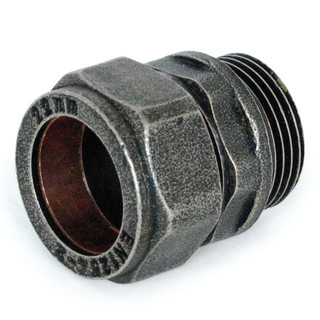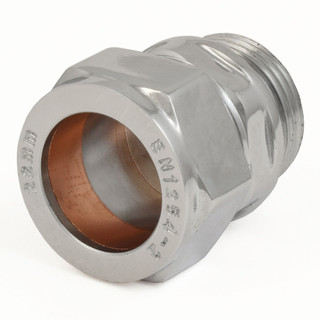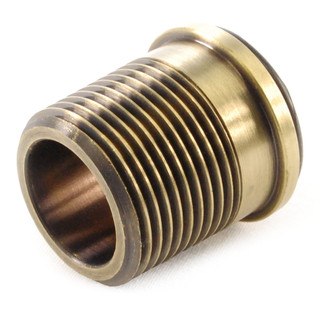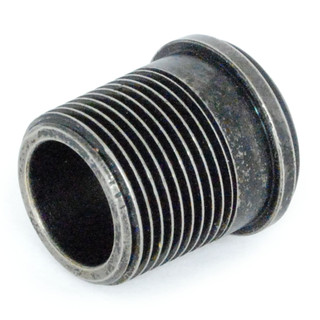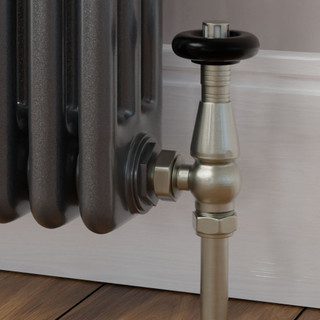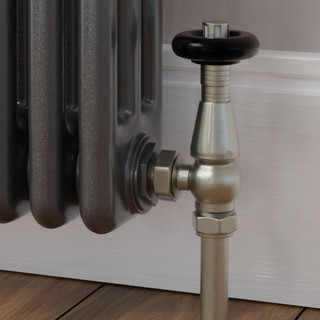Replacing your home’s central heating pipework can be an expensive and messy job. Lifting your floorboards and cutting into joists or digging into concrete - it’s not a task you’ll want to undertake unless absolutely needed. The good news is, when fitting new radiators, it’s not always necessary to replace your pipes.
In fact, if your home is less than 20-years-old, your pipework is probably in great shape. Moreover, with the right maintenance, good pipes can last many years or even decades to come.
In most cases, when replacing your radiators, giving your pipes a good power flush will be enough to ensure your heating system works at its maximum efficiency. However, knowing that any system is as reliable as its weakest part, you may wish to seek the reassurance of a heating engineer to test your pipework under pressure.
When do your pipes need replacing?
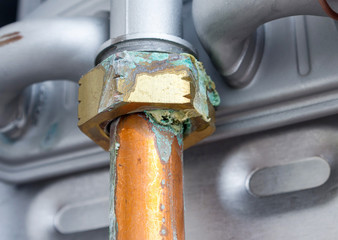
Your pipework may need further investigation if you experience any of the following problems:
- Kettling: This is usually identified by your boiler making unusual noises like banging, or high pitched hums. Kettling occurs when water in your boiler gets too hot and approaches boiling point. Restricted water flow in your system can be caused by partially blocked pipes or sludge in your radiators. A good multipurpose inhibitor and protector will help prevent scale, sludge and corrosion from building up in your radiators, maintaining and improving efficiency in new and existing systems.
- Boiler Losing Pressure: A boiler that needs constant re-pressuring or topping up, could be a sign that your pipes are damaged and leaking. Leaks can often be small and may be difficult to detect. Leaks may sometimes only occur when pipes during expansion or contraction due to heating and cooling of pipes. If you suspect a leak, it is always best to seek professional advice.
Different Pipework Systems
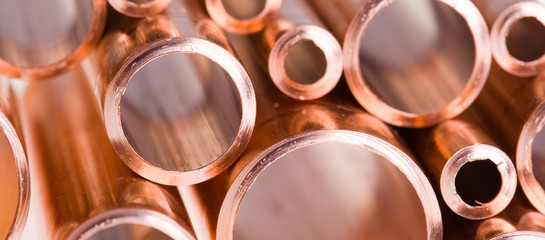
There are typically two types of pipework systems used in modern central heating systems. These are:
- Two and Single Pipe Systems: Most modern heating systems have a two-pipe circuit, which carries hot water through a flow pipe from the boiler to the inlet valve on each radiator before terminating at the last radiator on the circuit. A return pipe then collects the cooled water from the radiators and takes it back to the boiler. Older systems use a single-pipe solution. In the single-pipe system hot water passes through one radiator before being carried on to the next on the circuit. The single pipe system is less efficient than the two-piped system with the water losing heat as it travels through the pipework. Therefore, the radiators towards the end of a single pipe circuit need to be larger to deliver the same heat output. Pipe diameter can vary with these systems, but will typically be 15, 22, or 28mm.
- Microbore Pipe Systems: This variation of the two-pipe system uses small-diameter (8mm or 10mm) microbore pipework. This comes in coils and is very flexible, making it easy to feed through wall cavities and around corners. Microbore pipes only carry enough water to heat one radiator at a time. This means each radiator connected to a microbore pipe system will require its own circuit.
Radiator Adaptors
Because there is no single standard radiator pipe diameter, Radiators 4u stock a complete range of high quality
radiator adaptors. These adaptors allow you to easily fit any radiator valve to your existing or replacement pipes.
Understanding that our customers value the aesthetic along with the function, our adaptors come in a wide range of finishes. By matching your radiators adaptors to your valves and sleeves, will ensure every job is finished to the highest standards.
Radiator adaptors are just one example of a complete range of radiator accessories available from Radiators 4u, including radiator
wall stays, column radiator feet, valve extensions, valve sleeves, air vents and blanking plugs.
For more
expert advice, contact our team of in-house advisors or check out our complete range of radiator accessories.
